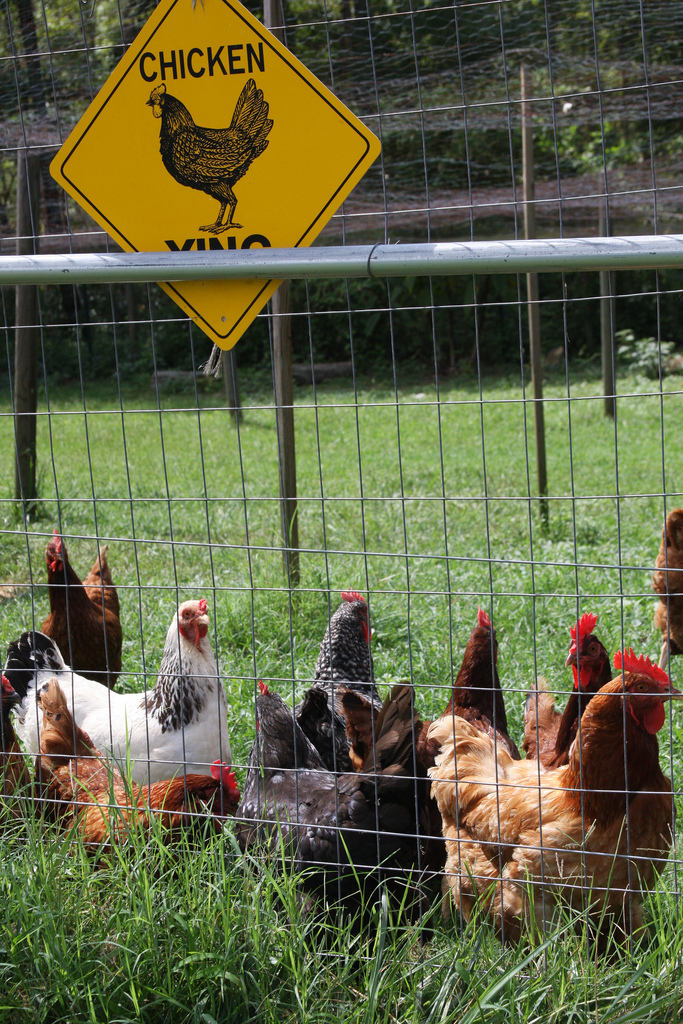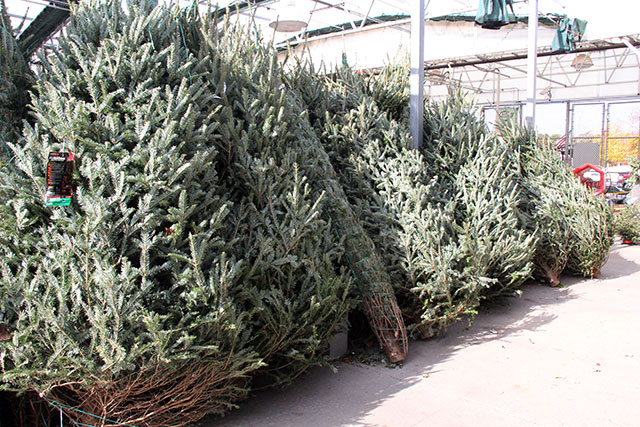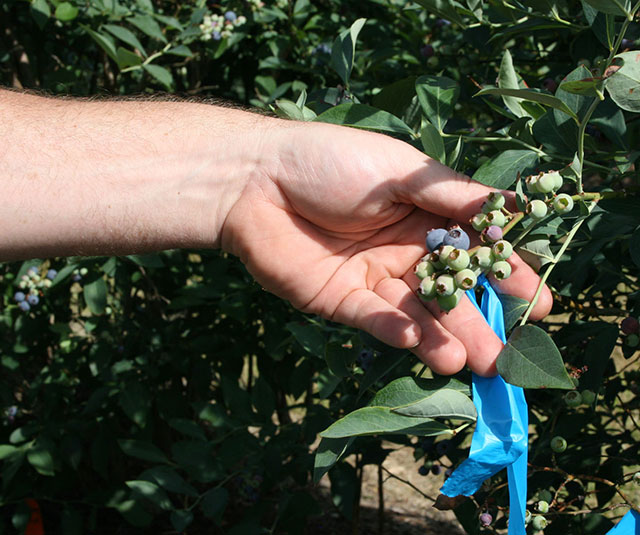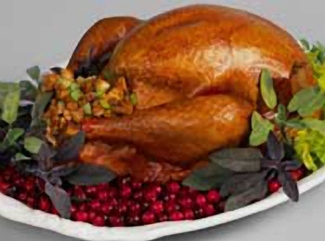
 By Heather Kolich
By Heather Kolich
UGA Extension
This time of year, there’s more than spring in the air. At local farm supply stores, there’s also the urgent peeping of chicks. Who hasn’t been charmed – and tempted – by those adorable downy babies?
Riding the wave of interest in locally grown food, small chicken flocks are popping up in rural and urban backyards around the nation. A few laying hens will provide fresh eggs, litter that can be composted into a rich amendment for your garden and entertainment. If you’re contemplating starting a new flock at your home, or increasing an existing one, here are some trouble-saving tips.
Start with healthy chicks
Whether you’re ordering chicks by mail or purchasing them at a local store, find out if the hatchery that produced them participates in the National Poultry Improvement Plan (NPIP). This voluntary disease control and prevention plan grew from a Georgia poultry disease eradication effort that started in the 1920s. NPIP-participating hatcheries test their breeding chickens and certify that they are free from several different avian diseases that pass from hen to chick.

Some hatcheries also test and monitor for other diseases, and may offer low-cost vaccinations against Marek’s disease and certain respiratory viruses prior to shipping chicks.
Poultry diseases can kill chicks and adult birds, decrease egg production and may also cause illness in humans. To avoid grief, make sure the chicks you bring home are disease-free and vaccinated. Visit www.poultryimprovement.org to find NPIP-participating hatcheries in each state.
Use commercially produced feed formulations
Chickens need a different balance of nutrients depending on their age and productivity. It’s very difficult to achieve the right balance of protein, energy, vitamins and minerals with kitchen scraps, grains and scratch. Nutrient deficiencies are a major cause of disease and poor production in backyard flocks. To meet your birds’ nutritional needs, sort them by age and productivity, and feed them a high-quality commercial feed formulation specific to their age, life stage and whether your are raising them for eggs or meat.
Isolate new birds

Before adding new birds to your existing flock, isolate them for at least two weeks while you observe them for signs of disease. Many diseases will show up within this time period. Birds that have recovered from illness may appear healthy, but they can be disease carriers and spread illness among your main flock. Birds that are returning from a show or event where other birds were present should also be isolated before rejoining the main flock.
Diseases can be spread by contact between birds and by contaminated equipment. During the isolation period, always start and finish chores in the “home” flock, then move to the quarantined birds. Clean your boots, change your clothes and wash your hands and equipment before re-entering the area of the home flock.
Practice safe handling
As backyard flocks have gained popularity, the number of poultry-related salmonella outbreaks have also increased. Most of these outbreaks occur between March and May, the prime chick-buying season. Young children make up nearly half of the affected population, and most of those cases resulted from unsanitary practices, such as kissing and snuggling baby chicks or keeping chicks in the home. To avoid contamination, keep chicks out of the house and make sure everyone who handles them immediately washes their hands with soap and warm water.
Backyard chickens can provide many seasons of enjoyment, fulfillment and nutritious food. Starting with disease-free chicks and following good management practices will keep your chickens productive, and your flock and family healthy.
For more information on raising healthy backyard flocks, see UGA Extension’s circular “Management Guide for the Backyard Flock“.
(Heather Kolich is an Agricultural and Natural Resources Extension agent with the Forsyth County UGA Extension Office.)





Be the first to comment